Minimum Wage Strikers May Be Wrong
Post Views 5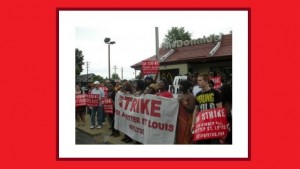
Fast food is made up of only 10 percent upper tier workers. 90 percent of them are the come-and-go entry level jobs, that act as a sorting mechanism, as such workers are often youths with in intent on staying at the job.
Instead of straight up raises in the minimum wage, and especially at such a drastic demand, which economically would not work out to such a utopia as anticipated, businesses could work out better benefits programs and also provide on the job training letting workers gain valuable experience. Entry level jobs have long been low-paying and difficult to support a house on. But with the Economic Policy Institute claiming that a New York family of four requires $93,000 for a median household income – about double of what it in fact is – expecting wage-payers to rise to such a demands is economically impossible. And were it possible, things would not work out as hoped. Job seekers would be competing for fewer jobs.
The minimum wage does better at keeping pace with inflation, while workers educate themselves and get experience that increase the value of their output, and the scarcity and value of their skills. Seeking jobs that give them such a lift is integral. To encourage such a progression, minimum wage levels may not be the levers to pull. The solution to such economic situations is not to put out fires by smothering with money: the money soon burns up.
Minimum Wage Strikers May Be Wrong by Andrew Ostler


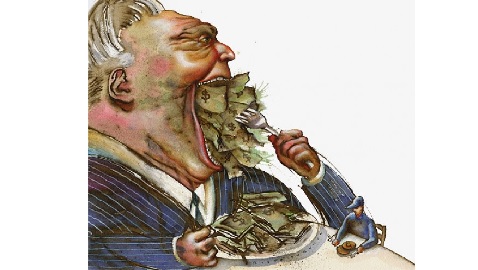 Rich People Have Different Toxins in Their Bodies Than Poor
Rich People Have Different Toxins in Their Bodies Than Poor 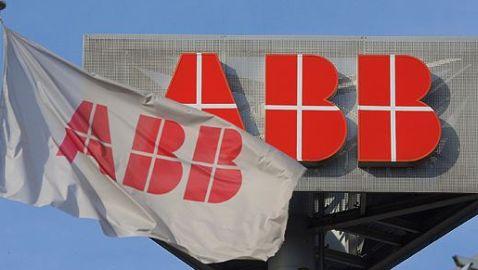 ABB Bringing 265 Jobs to Bartlesville
ABB Bringing 265 Jobs to Bartlesville  U.S. Government Has Smallest Deficit in 5 Years
U.S. Government Has Smallest Deficit in 5 Years  Prediction for October’s Initiation of Obamacare: Expect Headaches
Prediction for October’s Initiation of Obamacare: Expect Headaches 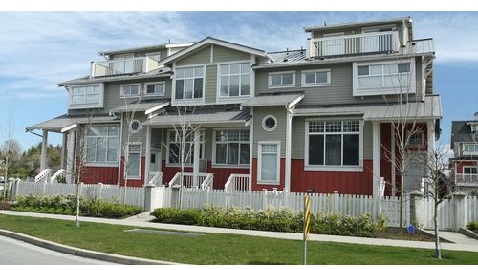 U.S. Government Must Decide What to do With Fannie and Freddie Now that They’ve Rebounded
U.S. Government Must Decide What to do With Fannie and Freddie Now that They’ve Rebounded 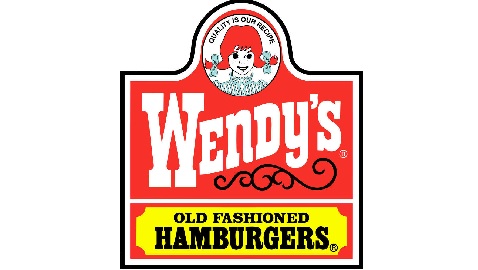 Fast Food Strikes Increasing
Fast Food Strikes Increasing  Volusia County Schools Consider Outsourcing Proposal
Volusia County Schools Consider Outsourcing Proposal 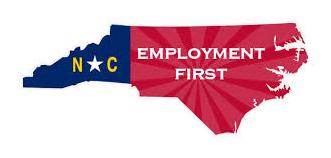 Dispute Between North Carolina Employment Agency and Lawyer Intensifies
Dispute Between North Carolina Employment Agency and Lawyer Intensifies